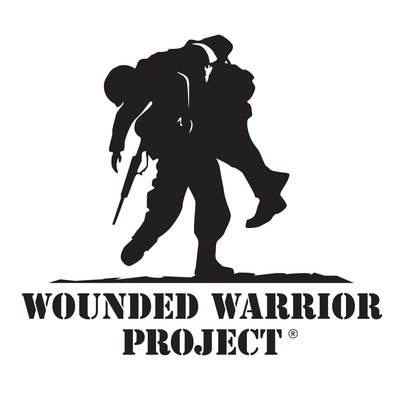
JACKSONVILLE, Fla., Sept. 15, 2025 /PRNewswire/ — Too many veterans experience suicidal thoughts and hesitate to ask for help. According to Wounded Warrior Project’s latest Warrior Survey, more than 1 in 4 WWP warriors had suicidal thoughts within the past 12 months. Research shows that strong social ties not only improve quality of life but also serve as a critical protective factor against suicidal ideation. During Suicide Prevention Awareness Month, WWP is shining a light on the power of social connection and that something as simple as checking in with someone can help them feel seen, valued, and less alone.
Experience the full interactive Multichannel News Release here: https://www.multivu.com/wounded-warrior-project/9198755-en-wounded-warrior-project-human-connection-mental-health

Additional survey findings:
- Loneliness in WWP warriors increases the likelihood of mental health challenge. WWP warriors who report feeling lonely are more than three times as likely to have experienced suicidal thoughts in the past 12 months (36%) compared to those who do not report loneliness (12%).
- More than half (67%) of WWP warriors say that talking to another veteran helps them cope with stress or mental health concerns.
- WWP warriors who participate in support groups are less likely to report suicidal ideation: 27% of support group participants reported suicidal thoughts compared to 30% of non-participants.
In this interview, you’ll meet Army veteran Jacob Norotsky who shares his story of returning to civilian life with injuries to both his body and mind. Isolation nearly cost him everything, but it was human connection that helped him find his way back. He’s joined by Wounded Warrior Project’s Lyndsay Tkach who provides expert insight that illustrates the positive impact of connection even for non-veterans, while also discussing broader suicide prevention and mental health efforts.
For more information, please visit: www.woundedwarriorproject.org/help
MORE ABOUT JACOB NOROTSKY:
Jacob Norotsky joined the National Guard as a trumpet player in 2001, and after two years, left the National Guard to become an active-duty Army soldier. During his first deployment to Iraq in 2003, he worked in maintenance. By the time he went back in 2007, he was a senior crew chief for an air assault squadron and was in charge of his own helicopter. His grueling eight-hour days included a lot of combat. During one air assault mission, while hovering above a team on the ground to provide support, Jacob’s aircraft was hit 36 times. When Jacob returned home, he knew things weren’t right mentally or physically, but it took his being injured in a helicopter training incident to seek a medical evaluation. He was diagnosed with a traumatic brain injury (TBI), permanent plantar fasciitis, and severe nerve and muscle damage to his ankle. The combination of physical injuries and post-traumatic stress disorder (PTSD), coupled with being pushed out of the military, led Jacob to consider suicide. Thankfully, Jacob started to turn his life around after his wife signed him up for a five-day Wounded Warrior Project® (WWP) Project Odyssey®. Although many of Jacob’s military friends have committed suicide, he believes that WWP helps break that chain.
MORE ABOUT LYNDSAY TKACH:
Lyndsay Tkach, MS, CBIS, is a mental health and brain injury advocate. She builds and executes programs that address known risk factors for suicidal thoughts or actions while taking a community approach to education, support, and advocacy. Tkach oversees suicide prevention efforts for over 250,000 veterans and family members registered with Wounded Warrior Project®. Her team uses data to streamline suicide prevention and response strategies. They provide training to veterans, staff, and community partners that empower individuals to play an active role in suicide prevention regardless of clinical background or experience. Among Tkach’s passions is the importance of care for those exposed to suicide loss or crisis. She has worked with various organizations to improve crisis recovery outcomes through community support and care coordination.
Produced for: Wounded Warrior Project
![]() View original content:https://www.prnewswire.com/news-releases/wounded-warrior-project-the-power-of-a-simple-check-in-how-human-connection-can-save-a-life-302548047.html
View original content:https://www.prnewswire.com/news-releases/wounded-warrior-project-the-power-of-a-simple-check-in-how-human-connection-can-save-a-life-302548047.html
SOURCE Wounded Warrior Project
 Disclaimer: The above press release comes to you under an arrangement with PR Newswire. NYnewscast.com takes no editorial responsibility for the same.
Disclaimer: The above press release comes to you under an arrangement with PR Newswire. NYnewscast.com takes no editorial responsibility for the same.